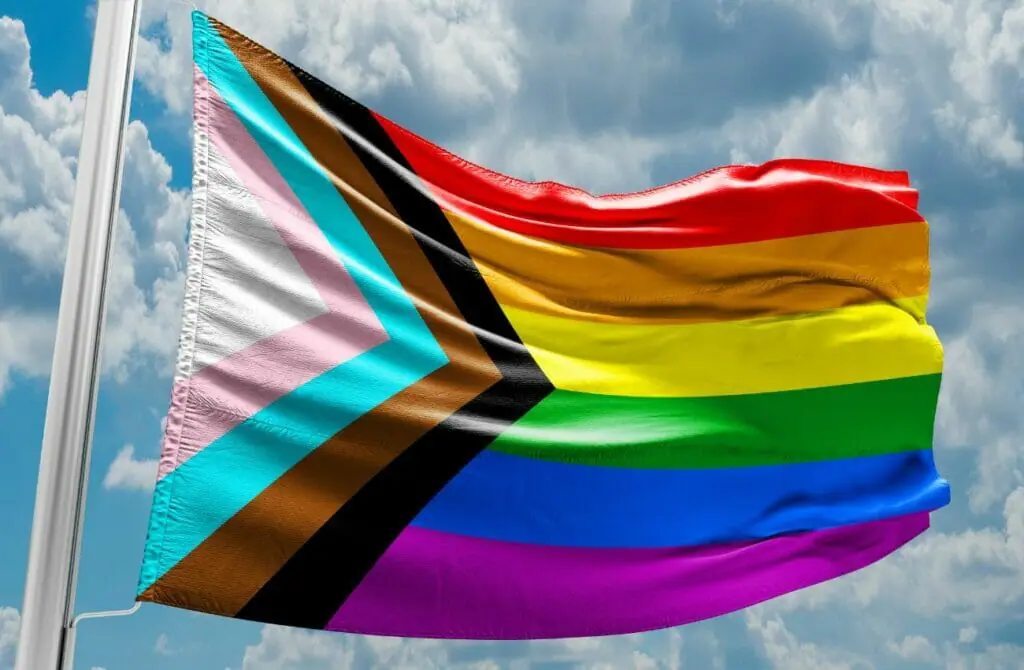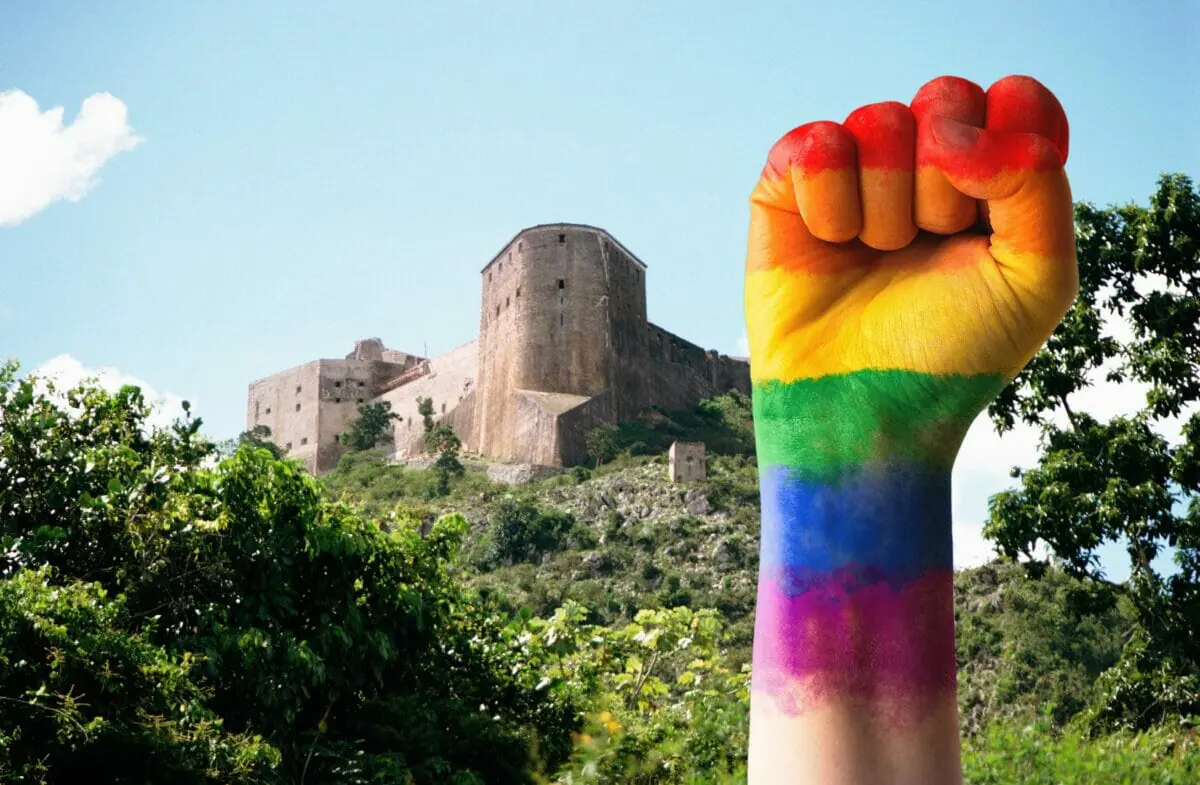In recent years, the state of LGBT rights in Haiti has been a complex and evolving issue. Despite the fact that homosexuality is legal, the country still lacks explicit legal protections against discrimination and harassment for LGBT individuals, with social and legal challenges persisting for both locals and tourists.
For local LGBT communities in Haiti, the lack of rights and protections often results in social stigma and limited resources, as seen in the restricted support for advocacy groups and widespread discrimination. On the other hand, LGBTQ+ travelers to Haiti might be less directly affected by these challenges.
However, they still need to be aware of the potential risks and cultural sensitivities in the country. As the situation in Haiti can change rapidly, it’s crucial for queer visitors to seek current advice before traveling to ensure their safety and respect local customs.
While it’s advised to exercise caution when considering a trip to Haiti due to its current homophobic climate, should you decide to visit, taking extra care to avoid drawing unnecessary attention to your sexual orientation or gender identity is important.
Be mindful of local norms, remain vigilant, and take necessary steps to protect yourself in any situation. Remember that there are always bad actors in every country, and it’s essential to stay informed about the fast-changing LGBTQ+ landscape before embarking on your journey.
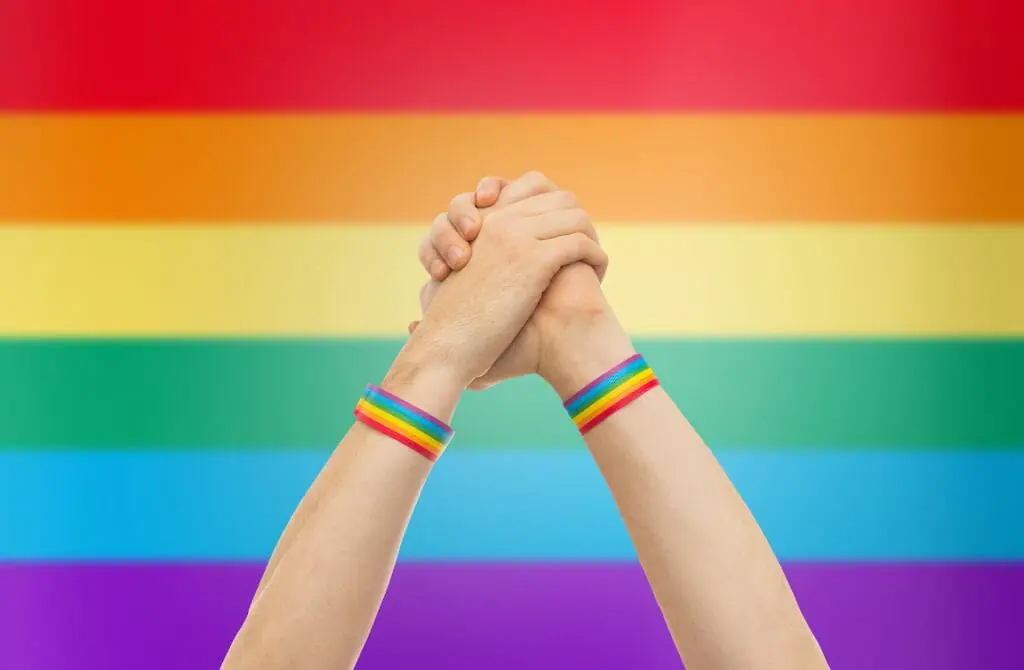
History Of LGBT Rights In Haiti
In Haiti, LGBT rights have historically faced numerous challenges, primarily due to deeply ingrained cultural and religious beliefs. Although homosexuality is legal in the country, same-sex marriages are not recognized. Transgender individuals can legally change their gender without surgery, but non-binary gender recognition remains unattainable.
LGBT individuals in Haiti often experience discrimination, and legal protections are scarce. Consequently, activists have had to maneuver cautiously in advocating for the rights of the LGBT community. International developments regarding LGBT rights have gradually spurred change and bolstered advocacy efforts in Haiti.
For tourists considering visiting Haiti, it is crucial to remain informed and vigilant, as the situation regarding LGBT rights can change rapidly, and information from even the most expert sources can become outdated. Locals and visitors alike should seek current advice before traveling. Haiti can be a hostile environment for LGBT individuals, so it is essential to exercise an abundance of caution if you choose to visit.
The experiences of the local LGBT population and tourists can differ. While local people may face discrimination on a daily basis, visitors may encounter less frequent and less intense prejudice. However, given the potential risks associated with visiting a country with a documented history of homophobia, it’s essential to err on the side of caution.
If you do decide to visit Haiti, prioritize your safety and be prepared to safeguard yourself if necessary. Concealing your identity as an LGBT person may be one such precaution, as it can help to minimize the risk of encountering hostility or discrimination. Remember that the situation in Haiti is fluid and can change quickly, so always remain cautious and attentive during your stay.
In conclusion, always bear in mind that the experiences of the local LGBT community in Haiti and the experiences of visitors from abroad can be vastly different. While it is important to support the ongoing efforts to improve LGBT rights in the country, remember that your safety should always be a top priority.


The LGBT Current Situation In Haiti
As a traveler in the country, It’s critical to be aware of the current situation for LGBT rights in Haiti, both for local individuals and travelers.
In Haiti, LGBT persons face social and legal challenges not experienced by non-LGBT residents. Although adult, non-commercial, and consensual same-sex sexual relations are not criminalized, transgender people can be fined for violating a broadly written vagrancy law. Unfortunately, there are no specific legal protections against discrimination for the LGBT community in areas such as employment and housing.
Being a tourist, one might not experience the same level of prejudice and discrimination as local LGBT individuals; however, it is essential to be mindful of the existing societal attitudes and remain vigilant. When visiting Haiti, it’s crucial for LGBT tourists to be cautious and discreet about revealing their sexual orientation or gender identity.
There are steps that you can take to protect yourself if you decide to travel to Haiti. First, always research and stay updated on the current conditions and legal environment before traveling. Keep in mind that situations can change rapidly, and information may become outdated. If possible, connect with local LGBT organizations and seek advice from people who have previously visited the country.
While in Haiti, be aware of your surroundings and avoid drawing unnecessary attention to your sexual orientation or gender identity. This may mean hiding your true self, to some extent, to ensure your safety and well-being. It’s also advisable to avoid public displays of affection and be cautious when using dating apps.
To be clear, it’s crucial to carefully consider whether visiting Haiti is the best decision, as the overall environment could be considered hostile to LGBT travelers. If you do choose to visit, make sure to exercise caution and remain sensitive to the local cultural context. Remember that the situation can change, and there are always bad actors in every country, so always be vigilant in protecting yourself and respecting others.
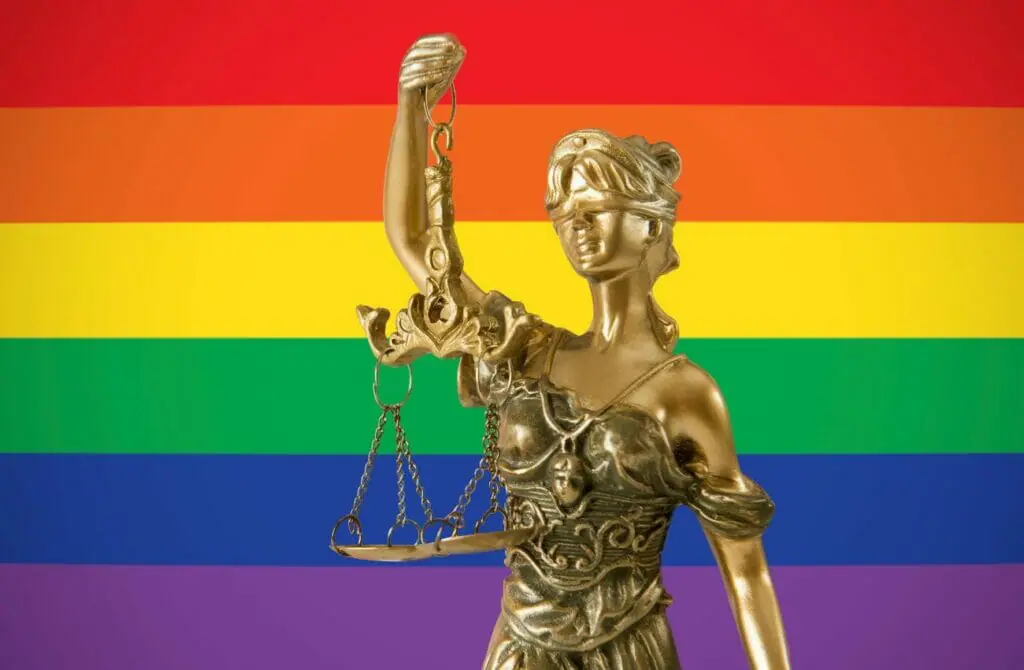

The Future For The Queer Community In Haiti
The landscape of LGBT rights in Haiti is slowly evolving, with some progress being made in recent years. As of June 2020, a new penal code was decreed to criminalize discrimination based on sexual orientation and decriminalize adultery. However, it is important to understand that the situation for LGBT individuals, both locals and tourists, remains complex and challenging.
For local LGBT individuals, societal attitudes and discrimination continue to be pressing issues. A nationwide survey found that 90% of respondents rejected equal rights for LGBT people, with 75% wanting a ban on gays and lesbians entering the country. Locals may face significant challenges in terms of employment, housing access, and general societal acceptance.
Tourists visiting Haiti should also be aware of these attitudes and take extra precautions to ensure their safety. It is essential to stay updated on the current situation and obtain reliable advice before traveling to Haiti, as situations can change quickly, and information may become outdated.
To protect yourself while visiting Haiti, it is crucial to remain vigilant and exercise caution in both public and private settings. While the new penal code aims to provide legal protection against discrimination, it may not be universally enforced, and discriminatory attitudes or actions by individuals and communities could still pose risks.
If you choose to travel to Haiti, be prepared to take extra care and possibly conceal your sexual orientation or gender identity to prevent any unfortunate incidents. Despite the progressive steps Haiti is taking, it is still a far cry from being a safe and welcoming place for the LGBT community.
In summary, while there are slight improvements in the legal landscape of LGBT rights in Haiti, the overall situation remains challenging for both locals and tourists. It is essential to stay informed, exercise caution, and be prepared for the difficulties that may arise during your visit to this beautiful yet often homophobic country.
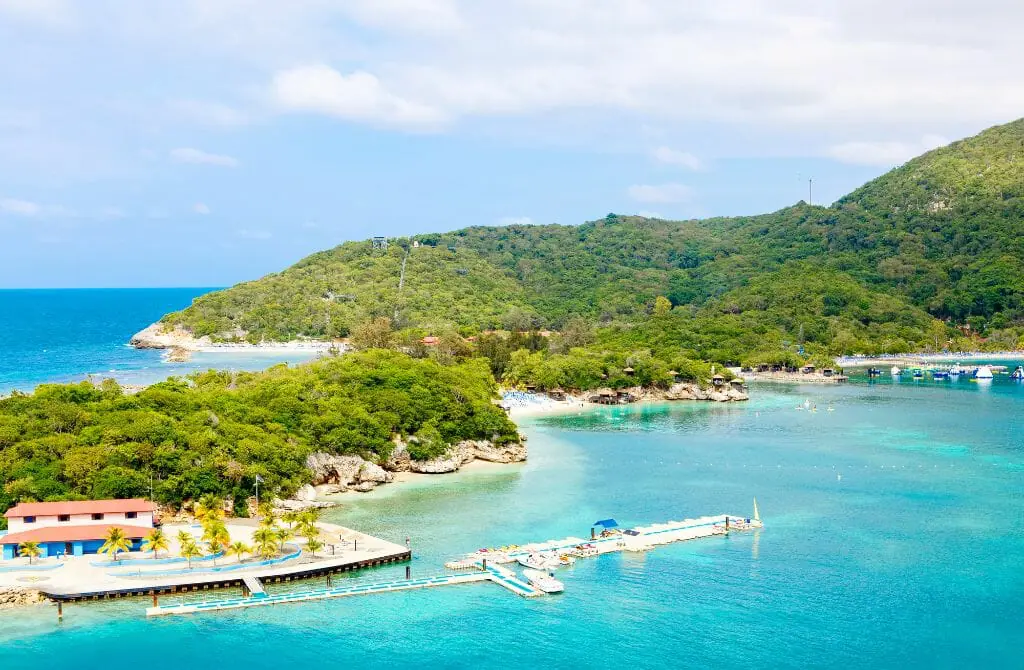
Protect Yourself While Travelling In Gay Haiti
LGBT rights in Haiti present unique challenges, both for locals and tourists. While homosexuality is legal, same-sex marriage is not recognized, and there is no legal protection from discrimination based on sexual orientation or gender identity. This environment can create a difficult and, at times, unsafe situation for LGBT individuals visiting or living in Haiti.
As a tourist, it is essential to be aware of these issues and adopt a self-protective approach. It’s always better to err on the side of caution, acknowledging that the circumstances can change rapidly and there may be bad actors in any country. Make sure to seek current advice before traveling, as the information available can quickly become outdated.
To protect yourself while in Haiti, consider the following steps:
- Educate yourself on local customs and norms, as well as the general atmosphere towards the LGBT community.
- Be discreet about your sexual orientation or gender identity, especially in public spaces, to avoid attracting unwanted attention.
- Stay updated with the latest news and events regarding LGBT rights. Pay attention to any reports of violence, discrimination, or advances in the recognition and protection of rights.
- Connect with local LGBT organizations, as they can be a valuable source of information and support.
- Avoid traveling alone and, if possible, partner with fellow LGBT travelers or allies.
- Choose LGBT-friendly accommodations and entertainment venues. Researching and booking these in advance can help ensure a more comfortable, safe trip.
While it is not ideal to visit a country with a homophobic environment, taking extra precautions and staying vigilant can help mitigate risks. Keep in mind that situations change, and every individual’s experience will vary. It’s up to you to decide whether to visit Haiti, but if you do, always prioritize your safety and the safety of those you are traveling with.
